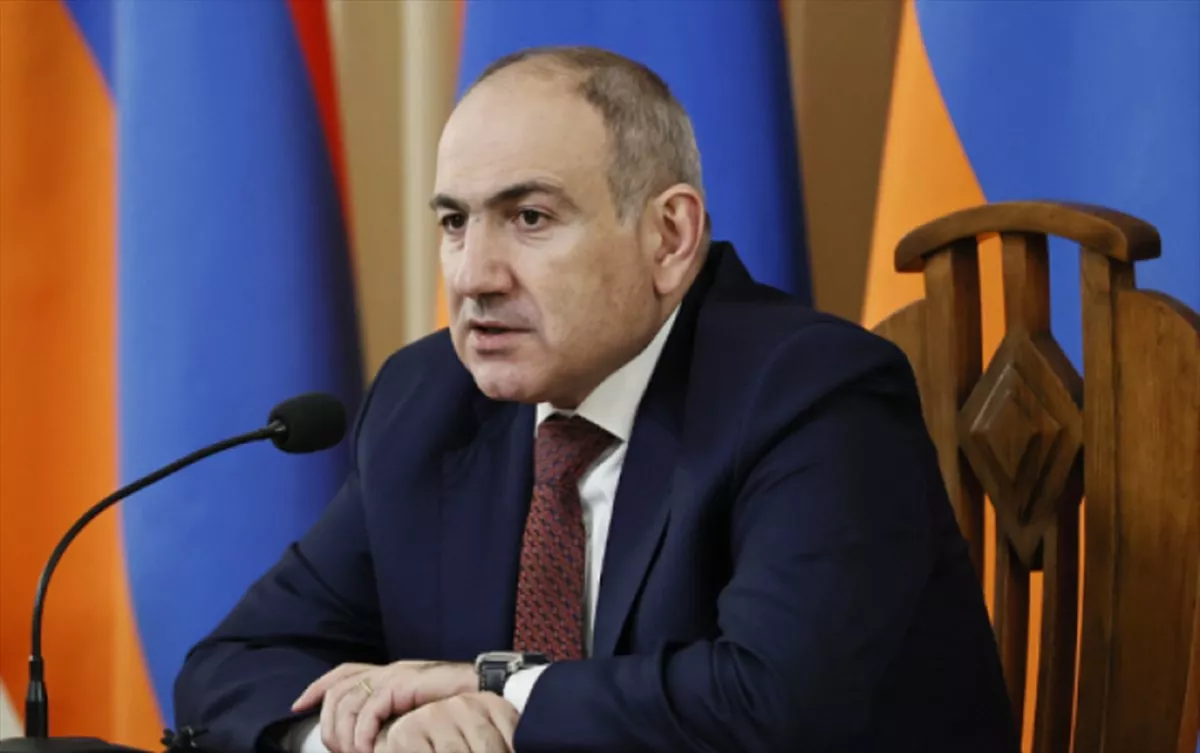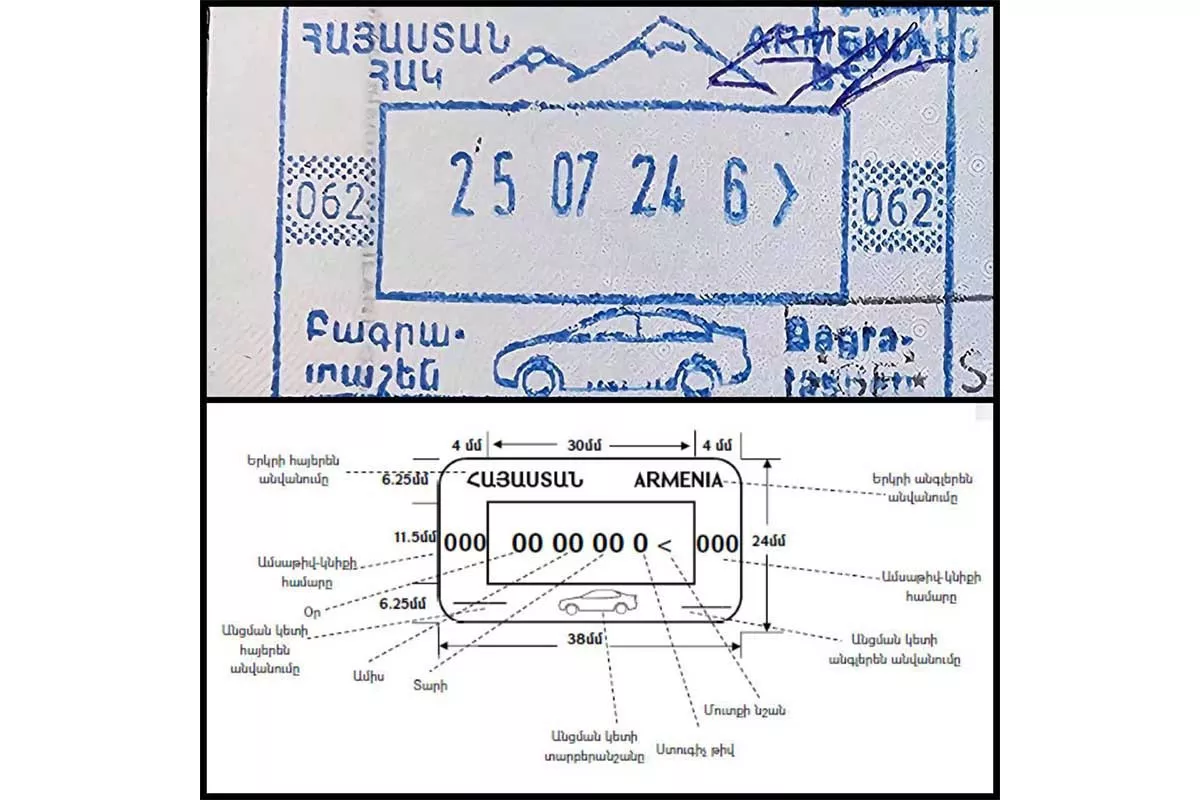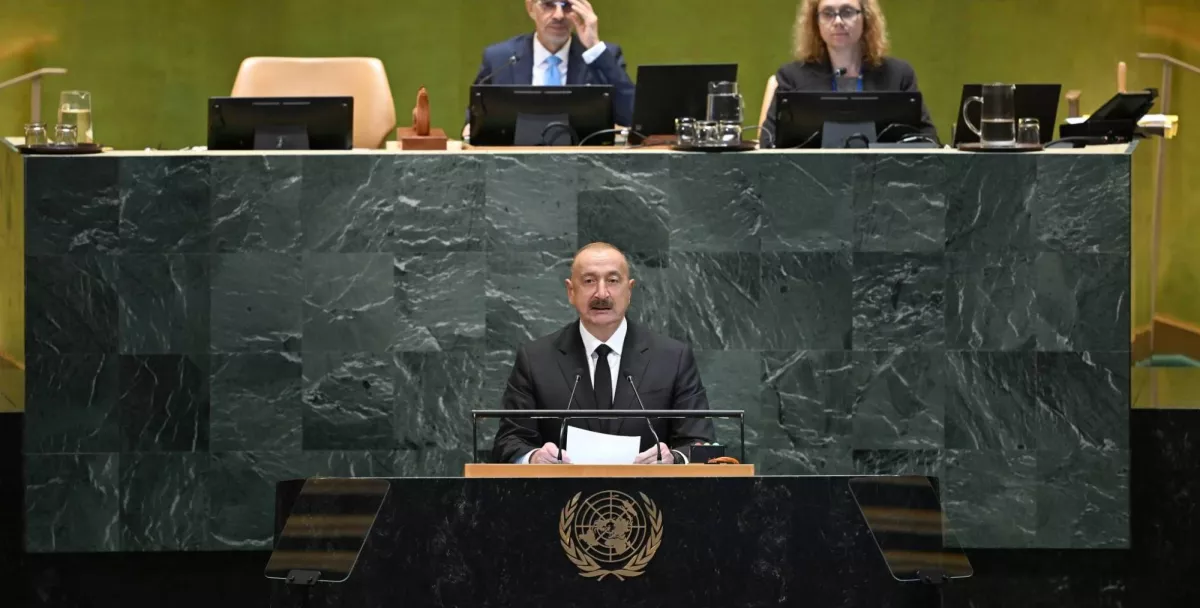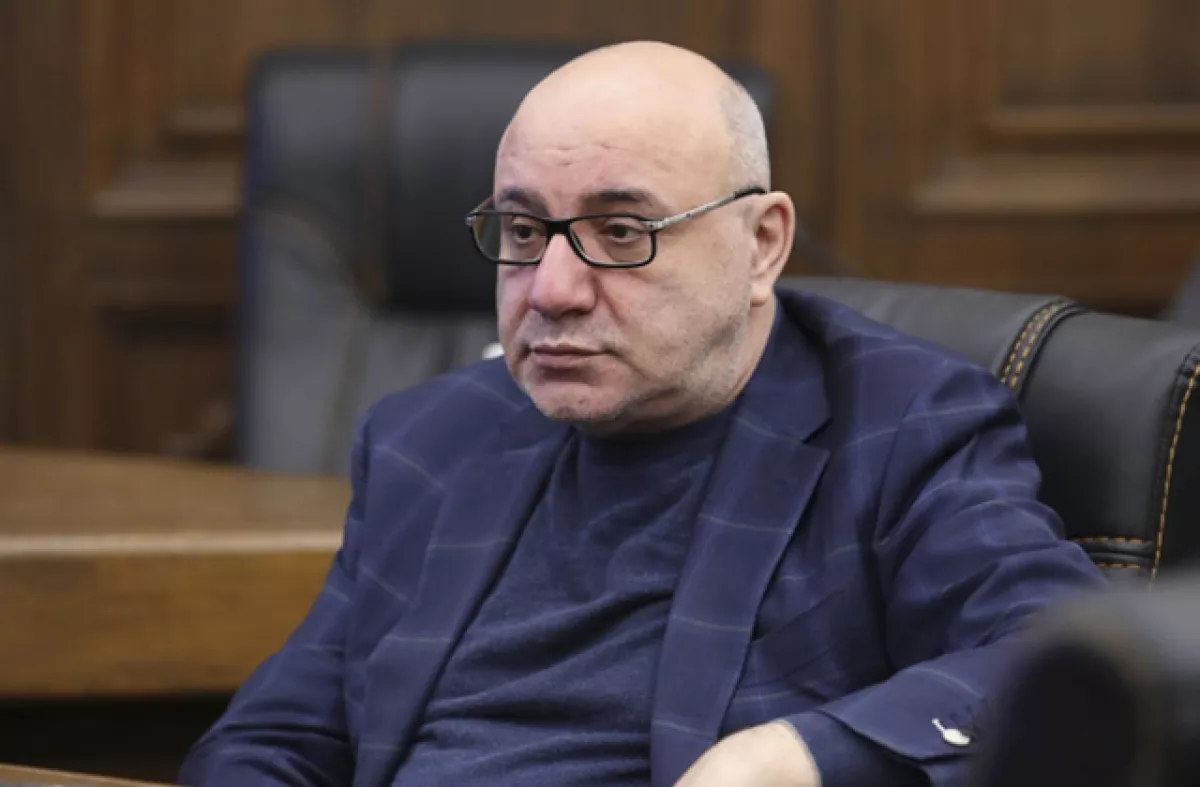Armenia and the test of peace Challenges beyond rhetoric
Following Azerbaijan’s decision to lift restrictions on cargo transit to Armenia, Armenian Prime Minister Nikol Pashinyan expressed gratitude to President Ilham Aliyev. Citing Yerevan’s admiration for the model of friendly relations between Baku and Tbilisi, Pashinyan conveyed a desire to apply this approach to the normalisation of Armenian-Azerbaijani relations. Reflecting on historical lessons, he emphasised that “by fighting each other, we risk losing what is most important—our state and our independence.”

Therefore, it is extremely important to institutionalise the peace established between the countries, especially considering that just a year ago it would have been hard to imagine the Armenian prime minister expressing gratitude to the Azerbaijani president.
Of course, this sounds encouraging—at least from the perspective of the Armenian prime minister’s rhetoric. Yet, words alone are not enough; they must be matched by concrete actions—a principle that has long guided Baku’s official policy.
At the same time, another aspect emerges: how well does Armenian society perceive Azerbaijan’s peace-oriented steps? The question may seem paradoxical, since hardly anyone is uninterested in a peaceful development of events. However, the reality is far from straightforward.
The Armenian hardline opposition, speaking of a “persecution of the Church aimed at undermining its role,” insists that the country’s authorities are “consistently trying to erase the historical and spiritual foundations of Armenian identity” in order to “satisfy the demands of the Turkish-Azerbaijani tandem to diminish the role of an institution that is key to Armenian self-consciousness.”

This was followed by a filing in the administrative court demanding the annulment of Article 4, Part 1, of the Armenian government’s resolution dated September 11, 2025, which stipulates that, starting November 1 of this year, the stamp used for crossing Armenia’s state border must have the image of Mount Ağrı removed.
If the petition is rejected, the plaintiffs intend to appeal the court’s decision.
These facts alone are enough to illustrate the depth of hostility that certain segments of Armenian society still harbour toward the Azerbaijani people. Compounding this are openly revanchist calls from prominent “former” figures, around whom support networks are forming among the “new.” Some may argue that these statements come from opposition voices—but does that alter the essence of the anti-Azerbaijani sentiment, particularly when such ideas are widely amplified by the media?
It is, to put it mildly, disheartening when Armenian politicians—or individuals outside politics—refuse to acknowledge that placing the image of Mount Ağrı, located in Turkish territory, on official state stamps is a manifestation of aggressive intentions toward a neighbouring country.
And if one looks a little deeper and asks when amendments will be made to the Armenian constitution, which still explicitly enshrines aggressive ambitions toward Azerbaijan, the question becomes even more pressing. Moreover, other problematic issues remain alongside this.

Thus, in his address at the 80th session of the UN General Assembly, President Ilham Aliyev identified one of the most serious humanitarian challenges facing Azerbaijan in the post-conflict period: the danger posed by landmines planted by Armenia during its occupation.
From November 2020 to the present, more than 400 Azerbaijani civilians and military personnel have been killed or seriously injured as a result of mine explosions. According to the president, this extensive mine threat continues to hinder the safe return of former displaced persons and the implementation of reconstruction projects in the liberated territories.
In the same vein, President Aliyev emphasised that the tragic fate of nearly four thousand Azerbaijanis who went missing during Armenia’s aggression and occupation since the early 1990s also requires special attention and action.
This naturally raises the question: if certain segments of Armenian society are outraged over the issue of the “Mount Ağrı stamp,” are they capable of addressing more complex, global matters rationally, logically, and without emotion—whether it concerns amendments to their own constitution or resolving the mine problem? The first step in this direction appears quite straightforward: Yerevan merely needs to provide Baku with accurate maps of the minefields on Azerbaijani territory.
Will this happen—and if so, within what timeframe? And if not, what then?

At one time, the current Armenian ambassador to Russia, Gurgen Arsenyan, speaking in support of “any step forward between Armenia and Türkiye,” stated that “political opportunities for rapprochement with neighbours must not be missed.” He added that he would not want his child “to grow up in an atmosphere of anti-Turkish hysteria, since there is no logical explanation for it.”
In other words, sober voices in Armenian society have occasionally been heard. Perhaps Armenian society first needs to reflect internally—does it truly desire peace, stability, and security in the region, alongside the opening of all transport communications?
Azerbaijan, of course, does not interfere in Armenia’s internal affairs; it merely seeks to highlight issues that are relevant not only today but for the future. Baku has created all the conditions not just for the normalisation of bilateral relations, but for their progress and development—taking into account the prospects for the entire South Caucasus triangle. For Yerevan, the only remaining step is not to push away Azerbaijan’s outstretched hand.








